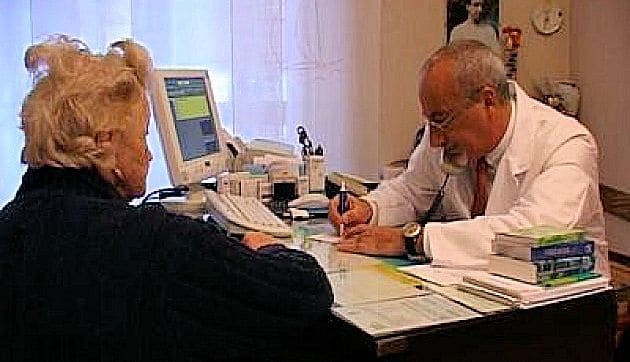Sanihelp.it – Si entra in ospedale con 5 farmaci e si esce con l’aggiunta di nuove medicine, nel 44% dei casi non necessarie, che spesso interagiscono con le terapie precedenti, provocando interazioni ed effetti collaterali che nel giro di 3 mesi in un caso su 5 rendono necessario un nuovo ricovero. Da cui è molto probabile uscire con altri medicinali, in un’escalation responsabile di 1.5 milioni di ricoveri per eccesso di pillole.
The 25% would be avoidable, as well as the 55% of hospitalizations, improving the appropriateness of prescriptions and reducing useless drugs: for this SIMI, together with the Mario Negri Institute of Milan, launches the Project De-prescribing for the reduction and suspension of drugs which will involve over 300 general practitioners, internists and hospital geriatricians. Through the aid of intelligent software for the control of medicines brought with him by the patient, telephone calls and text messages from doctors, diaries of side effects, more in-depth interviews with patients, it is possible reduce the load of therapies by more than 30%, optimizing care management.
The difficulties a simplify and lighten therapy they derive above all from the lack of specific guidelines, from the patients' fear of suspending their drugs and from the phenomenon of defensive medicine. The Registry data also shows that 6 million over 65s take more than five medicines every day, 1.3 million even more than 10 a day, over 3 million are exposed to the risk of interaction between the many medicines taken, which in 1 million cases can be extremely severe requiring hospitalisation.
With a reasoned and appropriate cut to polytherapies, hospitalizations could be reduced by more than 50% with a savings of around 5 billion euros of treatment costs for the over 65s, which today are close to 16 billion and drain the 70% of national health expenditure. Experts are trying to find the most effective ways to stop it prescriptive cascade of which the elderly are victims, also because as the number of drugs increases, adherence to treatment decreases up to 70%.
For example, they have already put the InterCheck software to the test: by entering the medicines taken and taken with them by the patients into the system, the system immediately indicates whether there is the possibility of interactions and indicate the possibilities useless prescriptions. This IT aid has already made it possible to reduce the amount of drugs by about 30%.
